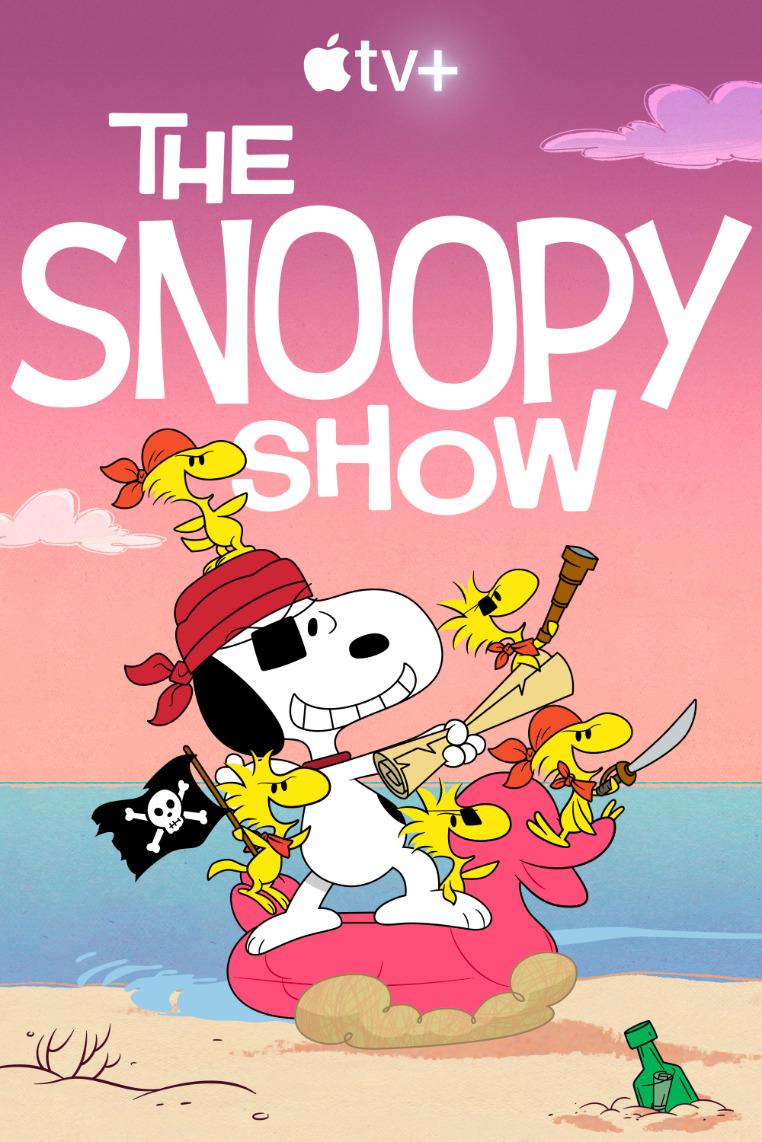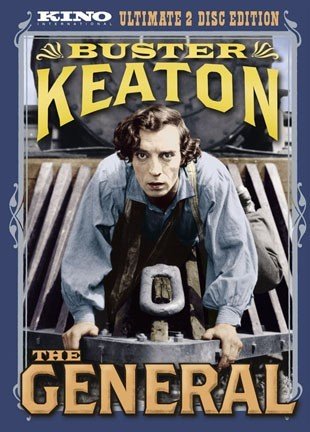"Shrill Dilettantes"
| None | Light | Moderate | Heavy | |
|---|---|---|---|---|
| Language | ||||
| Violence | ||||
| Sex | ||||
| Nudity |
What You Need To Know:
The plot of THE GENIUS CLUB is too thin to support the movie's lofty ideas. The characters are also too one-dimensional to elicit compassion, pathos or even bathos. The movie is slightly sophomoric, as it tries to reinforce its own politically correct wisdom and intelligence against all criticism. It also has a slightly juvenile tone when the so-called geniuses start telling each other they're stupid.
Content:
(CC, PCPC, ACap, V, D, M) Strong Christian worldview stressing forgiveness and self-examination with some discussion of God and some very shrill, misconceived, politically correct answers posited about the world's problems that are anti-capitalist, anti-politics, anti-media, anti-gambling, anti-sports, and slightly pro-terrorist if they call themselves revolutionaries; no foul language, but a lot of disinformation and misinformation; minor violence such as scuffles with president, president puts chokehold on man, FBI wrestles with man who wants to leave Genius Club; no sex; no nudity; no alcohol; man has cigarette dangling from his mouth; and, a lot of calling people idiots, stupid idiots, dumb, etc.
More Detail:
THE GENIUS CLUB is a claustrophobic low-budget movie that attempts to address the world’s problems.
The movie opens with a voiceover from an FBI agent named Brian. Brian is discussing a national crisis. Evidently, a genius who used to work for the government, Armand, has placed a nuclear bomb in Washington and threatens to blow it up unless a group of geniuses answer his vague questions about life and the world. Brian assembles a group of geniuses with IQs above 200. They are herded into a warehouse room with the President of the United States to sit at a table and answer the questions posed by Armand. These questions involve world hunger, medical research to solve the problem of cancer, planned obsolescence. The discussion takes on a very shrill character with the characters calling each other stupid and dumb.
When the President discusses the political realities, Armand gives the stock Internet answer that the medical community doesn’t want to solve cancer because it makes too much money off cancer. When it comes to world hunger, Armand and others in the room contend that Americans are at fault because they’d rather feed their dogs than feed the world. When it comes to the environment, the big companies are at fault because of planned obsolescence. One of the geniuses is a Yale professor who wrote a book on the victory of capitalism. He is forced to deny his book. The President is forced to yell that all the world’s problems are political. Each member of the Genius Club is humbled. Only Brian keeps his wits about him.
THE GENIUS CLUB is a cross between Sartre’s NO EXIT and TWELVE ANGRY MEN. The difference is that the plot of THE GENIUS CLUB is too thin to support the lofty ideas. The characters are also too one-dimensional to elicit compassion, pathos or even bathos. The movie has a slightly sophomoric tone to it, as it tries to reinforce its politically correct own wisdom and intelligence against all criticism. It also has a slightly juvenile tone when these so-called geniuses spend their time telling each other they’re dumb. In this regard, I teach at Berkeley to some very smart students who hold very disparate beliefs, and I do not see them call each other names when they engage in very heady arguments and debates about profound issues.
The most difficult part of the movie is that the jeopardy is flimsy. As such, sitting through the movie requires a great deal of willful perseverance. As Aristotle said, to have a good drama, you must start with story, then character, then dialogue, then idea, then spectacle, then music. Hitchcock said if you have an idea you must make into a movie, don’t’ do it. Samuel Goldwyn said, “If you want to send a message, call Western Union.” That does not mean that movies cannot contain ideas or great moral insights. What it does mean is that these elements must flow from and support the story. Homer understood this and Shakespeare understood this, but many contemporary filmmakers are confused on this issue.
Regrettably, the profound intellectual answers supposedly given to the problems of the world are too glib, too politically correct and too dilettantish. If we stop feeding our pets, we would still not be able to solve world hunger. If we taxed every American to feed the hungry, the hungry still would be with us always, as Jesus says. The problem which the movie hints at but does not affirm is that, since we are sinful people, we need a mighty savior. If we were liberated from our works theology and politics of envy into the light of the Gospel of Jesus Christ, then we could start participating in His plan to rescue the lost, the needy, the homeless, etc., just as many others like Mother Theresa and Tom Dewey have done before us.
The good news is that the filmmakers tried to address important issues. Beyond that, the answer to the problems of THE GENIUS CLUB are simply to be smart enough to humble oneself to the demands of the cinematic story.
Now more than ever we’re bombarded by darkness in media, movies, and TV. Movieguide® has fought back for almost 40 years, working within Hollywood to propel uplifting and positive content. We’re proud to say we’ve collaborated with some of the top industry players to influence and redeem entertainment for Jesus. Still, the most influential person in Hollywood is you. The viewer.
What you listen to, watch, and read has power. Movieguide® wants to give you the resources to empower the good and the beautiful. But we can’t do it alone. We need your support.
You can make a difference with as little as $7. It takes only a moment. If you can, consider supporting our ministry with a monthly gift. Thank you.
Movieguide® is a 501c3 and all donations are tax deductible.

Now more than ever we’re bombarded by darkness in media, movies, and TV. Movieguide® has fought back for almost 40 years, working within Hollywood to propel uplifting and positive content. We’re proud to say we’ve collaborated with some of the top industry players to influence and redeem entertainment for Jesus. Still, the most influential person in Hollywood is you. The viewer.
What you listen to, watch, and read has power. Movieguide® wants to give you the resources to empower the good and the beautiful. But we can’t do it alone. We need your support.
You can make a difference with as little as $7. It takes only a moment. If you can, consider supporting our ministry with a monthly gift. Thank you.
Movieguide® is a 501c3 and all donations are tax deductible.




 - Content:
- Content: 



